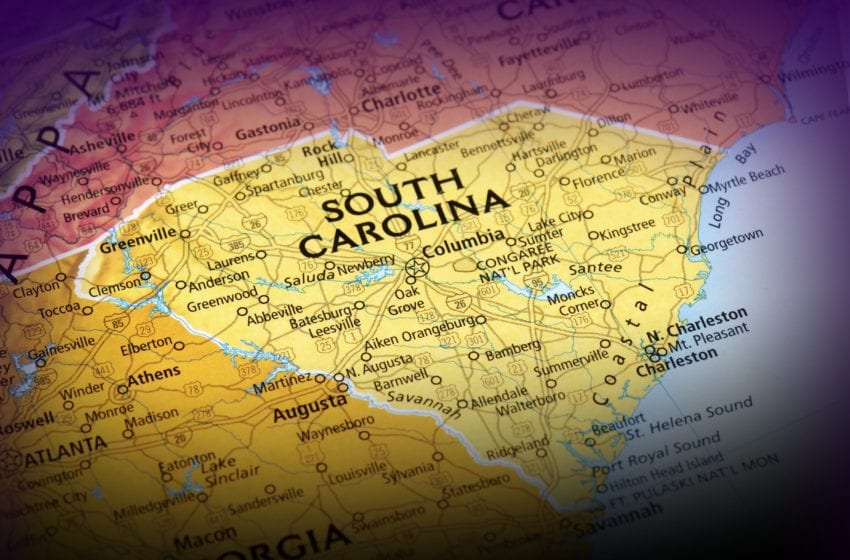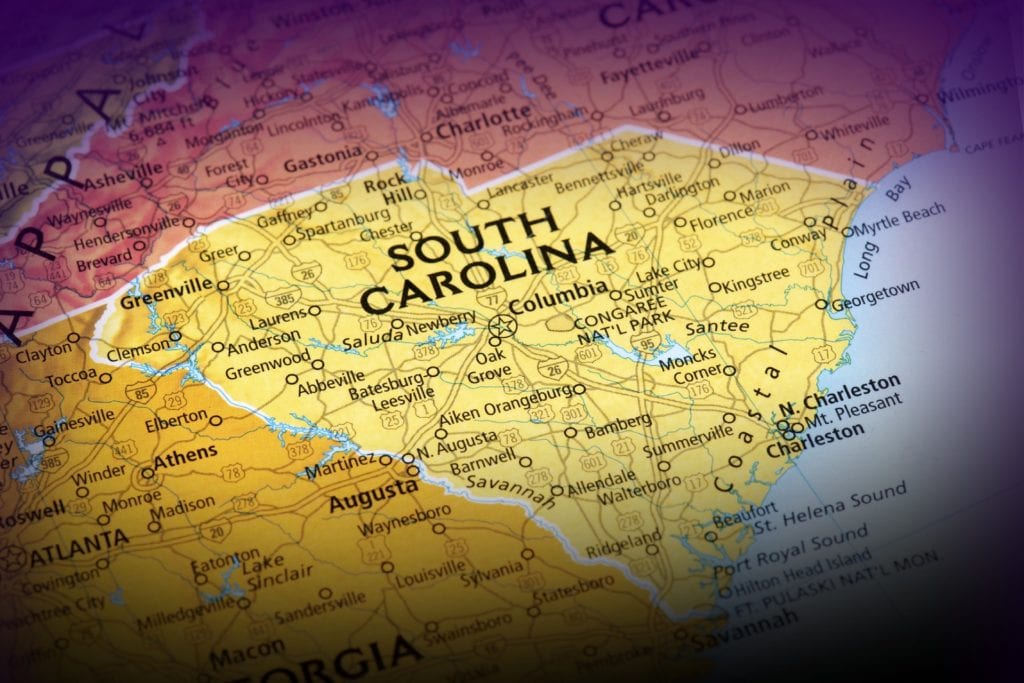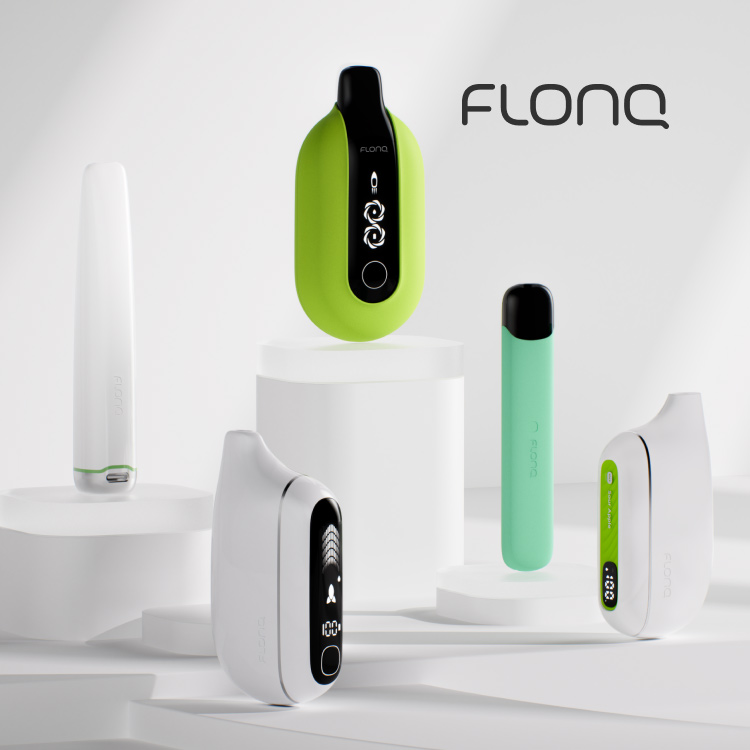Cannabis Conundrum
- This Issue
- March 4, 2024
- 8 minutes read


South Carolina retailers are cautioned after recent hemp comments from a state solicitor.
By Rod Kight
“You can turn hemp into a THC product by adding an acid into a compound. Well, that creates the THC level increase to the point where it gives you that high, euphoric feeling. At the end of the day, if it gets you high, it’s illegal in South Carolina. Bottom line.” —Walt Wilkins, 13th Circuit Solicitor of South Carolina
Say what?
As reported in the Post and Courier in Greenville, South Carolina, prosecutor Wilkins went on to state: “It doesn’t matter to us if it’s delta-8 or delta-9 or delta-10 or delta-22. If the THC level is above (0.3 percent), it’s a Schedule I drug, and it’s illegal in South Carolina.”
Despite Wilkins’ strong rhetoric, South Carolina law provides no support for any of the above comments. Much like hemp laws throughout the country, the state defines hemp with respect to its concentration of delta-9 THC, not with any other cannabinoids or forms of THC or with the effect it produces when consumed.
The South Carolina Hemp Farming Act (HFA) broadly legalized hemp, the definition of which specifically includes, “the plant Cannabis sativa L. and any part of that plant, including the nonsterilized seeds thereof and all derivatives, extracts, cannabinoids, isomers, acids, salts and salts of isomers, whether growing or not, with the federally defined THC level for hemp” (emphasisadded). Of course, the “federally defined THC level for hemp” is currently 0.3 percent delta-9 THC on a dry weight basis.
Additionally, the HFA created a category of lawful “hemp products,” which it defines as “all products with the federally defined THC level for hemp derived from, or made by, processing hemp plants or hemp plant parts, that are prepared in a form available for commercial sale, including, but not limited to, cosmetics, personal care products, food intended for animal or human consumption, cloth, cordage, fiber, fuel, paint, paper, particleboard, plastics and any product containing one or more hemp-derived cannabinoids, such as cannabidiol” (emphasis added).
In other words, South Carolina law governing hemp does not define or limit any isomers or forms of THC other than delta-9. Lawful hemp and hemp products are distinguished from unlawful marijuana products solely by virtue of their concentrations of delta-9 THC, which cannot exceed 0.3 percent. All other cannabinoids, extracts, derivatives, acids, etc. are exempt from both the federal laws regulating controlled substances, regardless of their intoxicating effect.
Unfortunately, and as addressed in prior articles, South Carolina law enforcement, including the state attorney general, regularly twists the law into a word salad in order to enforce its priorities. One might assume those priorities are standard-issue prohibitionist in nature. However, I cannot fail to notice that Wilkins’ comments were almost immediately followed by news articles about a new South Carolina medical marijuana bill.1
As I have discussed on numerous occasions, new marijuana legislation is often accompanied by bills and law enforcement actions aimed at eliminating hemp, thus “clearing the field” for marijuana monopolies (e.g., the terrible hemp bill2 currently being proposed in the Florida legislature as the state considers legalizing recreational marijuana).
In a similar vein, the South Carolina Department of Health and Environmental Control (DHEC) recently released a memo stating that the following are not approved to be added to food or beverage products:
- pure CBD isolate;
- delta-8 THC, delta-9 THC or delta-10 THC; and
- “full spectrum” whole-plant extract (i.e., “full spectrum hemp oil/extract” from biomass) if it includes health claims or bears any sort of declaration of THC or CBD.
In support of the memo, the DHEC leans heavily on the U.S. Food and Drug Administration’s well-known but rarely enforced position that CBD and THC cannot be added to food, an issue I testified to the FDA about during its hearing on cannabis. Leaving aside the fact that the FDA’s position is overbroad for the reasons I discussed in my testimony, its position has been widely known for almost a decade.
The DHEC’s letter was probably in response to South Carolina’s burgeoning hemp-derived beverage industry. The DHEC appears to have gotten word that intoxicating hemp beverages were being manufactured and distributed in the state and quickly whipped up a letter to stop them. As with Wilkins’ press conference, it seems more than coincidental that a new medical marijuana bill is being considered at the same time that the DHEC issues a letter that effectively shuts down the state’s hemp beverage industry.
As a South Carolina native who moved away after law school (Wilkins was in my law school class), I continue to be disappointed in my home state’s backward cannabis policies and priorities. Hopefully, legal action and/or a proper hemp bill will move things in the right direction. Until then, South Carolina is a bad place for hemp. This harms farmers, small businesses and consumers in the state.
Note: This article is commentary. It is not intended to be legal advice and should not be construed or relied upon as such.
Rod Kight is an international cannabis lawyer. He represents businesses throughout the cannabis industry.

